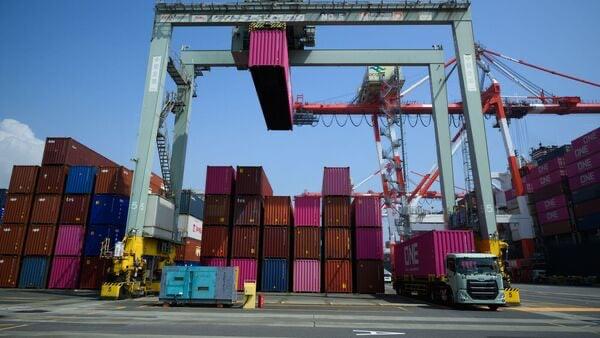 Image Source: Mint
Image Source: Mint
Key highlights
Parliament gave its nod to the 'Bills of Lading, 2025' bill in a historic ruling on the first day of the 2025 monsoon session, sweeping aside the 169-year-old Indian Bills of Lading Act, 1856. The legislation is going to usher India's maritime trade documentation into the contemporary era, marking a concrete step towards putting the nation's shipping sector on par with global best practices.
Modernization for Maritime Expansion
The bill, tabled by Union Minister Sarbananda Sonowal, reached the Rajya Sabha after previous passage in the Lok Sabha and now waits for Presidential assent. Its passage represents a transition from ancient colonial-era laws to legislation echoing India's present economic status and aspirations.
The outdated 1856 Act consisted of just three sections, limiting its utility to basic acknowledgement of goods loaded onto vessels and transfer of rights. The new law offers a comprehensive, business-friendly framework, simplifying and restructuring the legal text without changing substantive rights and obligations.
Key Provisions and Reforms
The act redefines legal terminology for clarity, modernizes documentation procedures, and simplifies rights and liabilities of carriers, shippers, and lawful holders. By removing ambiguities, it minimizes risks of litigation and promotes ease of doing business.
The Central Government is also given extra powers to issue directions for its effective implementation, and a repeal and saving clause gives continuity to actions taken under the old law.
Importantly, the new act adopts international shipping standards. This allows Indian maritime trade to integrate more seamlessly with overseas logistics and trade, aligning with national goals to increase exports and emerge as a prominent actor in international shipping trade.
Context and Significance The bill's passage was also marked by a walkout by the Opposition but is part of a broader push in the monsoon session to update key commercial and maritime legislation. The reform is expected to galvanize the shipping sector, increase legal certainty, and augment the government's initiative in enhancing India's logistics competitiveness.
Sources: PIB, SocialNews.XYZ
Advertisement
Advertisement






